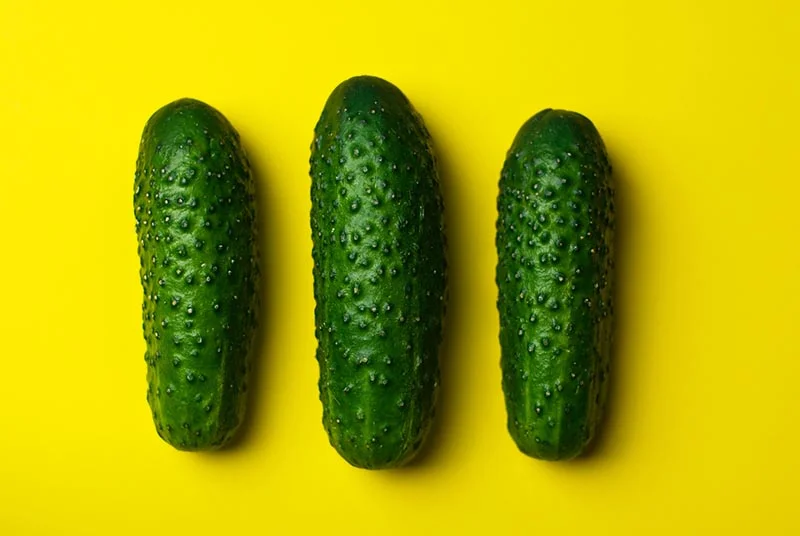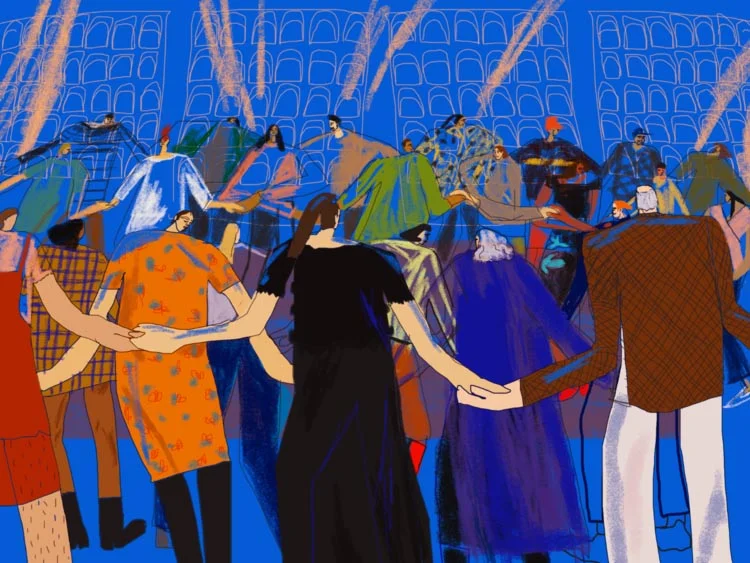Were Those Fireworks...Or Gunshots?
As one of the most popular days of the year to set off explosives approaches, here are a few things you should know about how they sound — and when to call 911.
By Jessie Schiewe
It wasn’t the Fourth of July — or even a holiday — when Kelly Moore heard the loud sounds on the Las Vegas Strip, but she automatically assumed they were celebratory in nature.
“I thought they were fireworks,” Moore told TIME. “I turned towards Mandalay Bay [Hotel] thinking, ‘I’ll see sparks pretty soon.’”
Unfortunately, she was wrong. The date was October 1, 2017, the night when a malicious gunman opened fire on a crowd at the Route 91 Harvest music festival, killing 59 people and injuring more than 400. Moore was one of the 22,000 concertgoers who’d attended the event, and likely not the only person who, at first, mistook the gunshots for fireworks.
If you’ve ever heard a loud noise outside of your home, you’ve probably wondered the same thing. The sounds of gunshots and fireworks can be incredibly difficult to tell apart, and there’s no one way to tell the difference. To the human ear, gunshots and fireworks sound similar, and even police officers have a hard time identifying between them.
January 1st and July 4th are the two most common times of the year when this kind of confusion is likely to happen. Even though the legalities of owning, selling, purchasing, or using fireworks vary by state, you’re almost guaranteed to hear them on New Year’s Eve or Independence Day. Use of both legal and illegal fireworks, as well as other pyrotechnic explosives, always spikes on these holidays, with their popularity growing each year. In 2018, Americans purchased $945,000,000 worth of consumer- and personal-use fireworks, spending more than $60,000,000 than the year before.
And fireworks probably won’t be the only sounds you’ll notice. Celebratory gunshots — when people shoot straight into the air for fun — are also commonly fired. And, of course, crimes can happen anytime, anywhere, regardless of whether or not it’s a holiday.
This is why around New Year’s and the Fourth of July, there’s always an increase in calls to 911 and law enforcement agencies because no one can tell what they are hearing — and whether or not they should be concerned.
As one user wrote in the comments section of a YouTube video about the difference between gunshots and fireworks:
“Anyone else here because they're home and it's close to the 4th of July and you can't tell what the huge bang noises outside are?”
Unfortunately, telling the difference between gunshots and fireworks is not as simple as watching a YouTube video. This is mainly because there is no one sound that can be attributed to either medium. There are various types of fireworks, as well as myriad models of guns that make a range of noises, making it difficult to ascribe concrete sounds for each device. The fact that they both combust using gunpowder also makes them hard to differentiate between.
Still, there are a few tricks and tips for telling gunshots and fireworks apart that could come in handy this Independence Day. They’re not foolproof, but they might help clear up some confusion and allay anxieties this upcoming holiday.
Stay vigilant, keep an ear out, and remember that if you’re still not sure of what you’ve heard, you can always call 911.
If it sounds more like a “bang” than a “pop”...
Then it’s probably fireworks. Those who can hear the difference between the two describe gunshots as having a more sharp and precise sound compared to the “boom” of fireworks, which can be "very hollow.” The sound of a gunshot also tends to be quicker and slightly higher pitched.
Gunshots sound different in real life…
You’ve probably seen fireworks in your life, but (hopefully) you’ve had less exposure to gunshots. In fact, you probably only know what fired shots sound like because of films or TV shows you’ve watched, but don’t let that fool you. To start, they were probably just sound effects, not real gunshots. And, even if they were real, their noises wouldn’t sound the same after being recorded and then played back through speakers.
“It’s going to sound very different,” Frank Smyth, the executive director of Global Journalist Security told TIME. “What you might learnt trying to pick that up through indirect sources, like a movie, could be misleading.”
If there’s a slight echo to the sounds…
It could be gunshots. When a shot is fired, you can generally hear two sounds. First, there is the crack as the bullet breaks the sound barrier. Then, there is the thump of the round being fired and hitting something. Some gun models, like the 9mm Glockmeister, can even sound a bit like a tire getting blown out — characterized by a quick crack, followed by a bursting noise.
If the sounds are fizzy or chaotic...
Then it’s probably fireworks. The crackling noises they make are from the chemical reactions that happen when you light them. Fireworks tend to have irregular rhythms because the lead oxide inside of them burns and explodes at different rates.
If you hear more uniform sounds, they may be an indicator of shots fired from a gun using a bump stock, as was the case during the 2017 Las Vegas shootings.
If you hear people’s voices afterwards…
Then it might be gunshots. Especially if someone gets shot, you’re likely to hear screams, yells, or cries of help from those nearby the incident. Granted, people can be loud when setting off fireworks, too, so make sure you listen for the emotion in their voices to determine whether you just heard a tragedy or a celebration.
If you look outside and see colorful lights…
Then it’s definitely fireworks. Take a deep breath, relax, and enjoy the mesmerizing visuals.




















